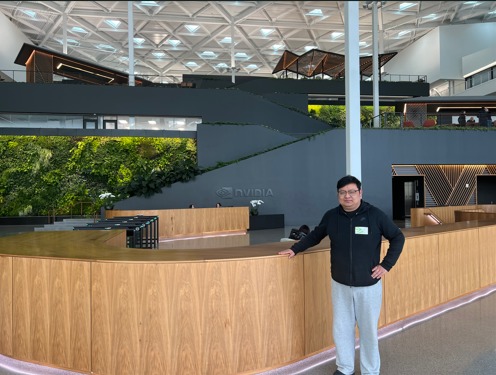
Photo/ Provided by Li Mingshun
The competition among domestic large-scale AI models has unexpectedly shifted toward handling long texts.
Initially, Moonlight announced that its conversational AI assistant product, Kimi, now supports 2 million words of lossless context input. Subsequently, Alibaba declared that it would freely open up to the public its long-text processing capability, allowing for up to 10 million words. There are also reports that Baidu plans to open its long-text capability in April, with a word range between 2 million and 5 million.
This shift is somewhat surprising. When Sora emerged, discussions primarily revolved around whether AI technology had reached a new milestone and how synthetic videos would disrupt existing industry patterns.
The competition around long texts isn’t merely about technology; it’s a battle of business models. Essentially, it involves expending more computational power to please users. Li Mingshun, Executive Director of the AI Application Working Group at the Industrial Culture Development Center of the Ministry of Industry and Information Technology, Chairman of Hanghang AI, and Founder of Shunfu Capital, emphasized this during a recent interview with NBD.
With so many competitors excelling in the current landscape, a complete and sustainable business model is crucial in addition to technical prowess," predicts Li Ming-shun. He foresees an inevitable shakeup among the top domestic large language models in the next phase, as companies that continuously invest funds without forming a closed-loop business model will ultimately face the question of who will foot the bill for their investments.
The anxiety of missing out and the pressure of competing with tech giants are both at play. Li Mingshun, who shuttles between China, the United States, Japan, and Southeast Asia, focuses on AI and global cross-border projects. His 24 years of immersion in the internet industry, including 15 years of active involvement in early-stage investments, provide valuable insights.
Earlier this year, Li Mingshun visited Silicon Valley. Over the course of a month, he interacted with over forty startup teams, aiming to identify “super applications” that could leverage the explosive potential of large-scale models. In his view, the key to democratizing large models remains super applications. Despite being used by hundreds of millions of people, large models still lack sufficient frequency of use. They haven’t found the optimal solution for commercial closed-loop applications, a challenge faced by both Chinese and American tech communities.
Li Mingshun observed a consensus in Silicon Valley: “If a new project doesn’t involve AI, it might struggle to attract funding. When hiring, top talent may perceive the project as not ‘impressive’ enough, while potential clients might wonder about the company’s nature.” This sentiment reflects the prevailing mindset in Silicon Valley.
In contrast, Chinese entrepreneurs tend to explore opportunities within specific application scenarios, such as social media, entertainment, and e-commerce. These divergent approaches stem from each country’s unique advantages. Given the changing investment landscape, entrepreneurs face greater difficulty securing funding for long-term research. Without sufficient venture capital (VC) support for extended research, they must quickly achieve commercial results and complete the business loop to ensure sustainable project development. Consequently, Chinese entrepreneurs tend to be more pragmatic.
Li Mingshun firmly believes that large models are experiencing their “iPhone moment” in AI. The vast potential for expansion lies in their application domains, promising substantial returns. He encourages entrepreneurs to focus on developing deep industry and sector-specific applications rather than merely following popular but shallow trends (such as face-swapping or creating memes). While these applications may attract short-term attention, they often lack true core competitiveness and fail to establish robust market barriers.
The quest for “super applications” remains pivotal for democratizing new technologies. Just as WeChat, Meituan, and Douyin emerged during the mobile internet era, super applications continue to be the key to democratizing large models in the current era.


 川公网安备 51019002001991号
川公网安备 51019002001991号





